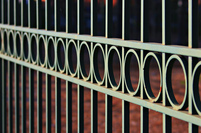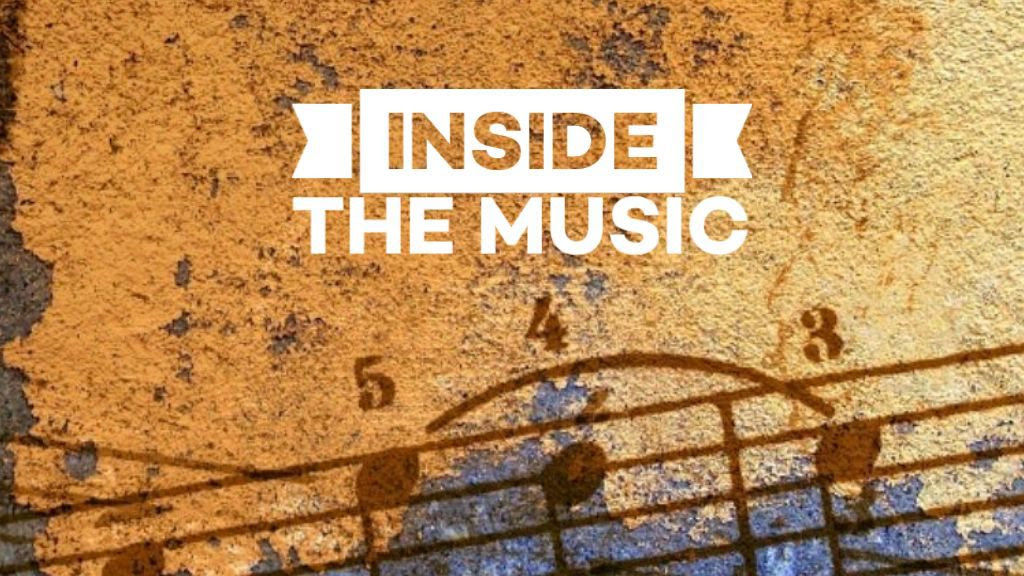
As a musical performer I've always been intrigued by musical styles and the challenge of authentically playing in a given style. What makes classical music sound classical, rock sound rock, etc.?
Style implies uniformity, an overall set of rules or standards. Then, within those sets of rules, it's the subtle differences, the rearranging of order, the little twists and turns that a particular composer or performer takes that make each piece in that style unique and interesting. Repetition and variation.
A criticism sometimes levied at an unfamiliar or disliked style of music is that "It all sounds the same". Well, in fact, it does. That's what a style is supposed to do - repeat itself. But once we are familiar with the individual pieces within a style we can become immersed in the unique subtleties of each piece or performance and focus on the variations. The repetition provides form and familiarity while the variation provides interest.
For a non-musical example, when I toured Korea with the Rhode Island Saxophone Quartet it took me about three days before I stopped getting the names of our Korean hosts wrong. There was a uniformity to their appearance that at first struck me as "all the same". When I was finally able to perceive the uniqueness and subtle differences of each person in the group I no longer got their names mixed up.
For a musical example, cool jazz and hip hop are often perceived as very relaxed and laid back styles. They definitely have that vibe to them, but they are very precisely relaxed and laid back. There are very specific things that the musician must do to achieve that feeling. A style of rock music might be described as "driving"; something classical might be "expansive". How is all that achieved?
To perform as authentically as possible in a given style I need to discover the uniform characteristics of the style as well as the subtleties of the differences. Repetition and variation.
Style implies uniformity, an overall set of rules or standards. Then, within those sets of rules, it's the subtle differences, the rearranging of order, the little twists and turns that a particular composer or performer takes that make each piece in that style unique and interesting. Repetition and variation.
A criticism sometimes levied at an unfamiliar or disliked style of music is that "It all sounds the same". Well, in fact, it does. That's what a style is supposed to do - repeat itself. But once we are familiar with the individual pieces within a style we can become immersed in the unique subtleties of each piece or performance and focus on the variations. The repetition provides form and familiarity while the variation provides interest.
For a non-musical example, when I toured Korea with the Rhode Island Saxophone Quartet it took me about three days before I stopped getting the names of our Korean hosts wrong. There was a uniformity to their appearance that at first struck me as "all the same". When I was finally able to perceive the uniqueness and subtle differences of each person in the group I no longer got their names mixed up.
For a musical example, cool jazz and hip hop are often perceived as very relaxed and laid back styles. They definitely have that vibe to them, but they are very precisely relaxed and laid back. There are very specific things that the musician must do to achieve that feeling. A style of rock music might be described as "driving"; something classical might be "expansive". How is all that achieved?
To perform as authentically as possible in a given style I need to discover the uniform characteristics of the style as well as the subtleties of the differences. Repetition and variation.
